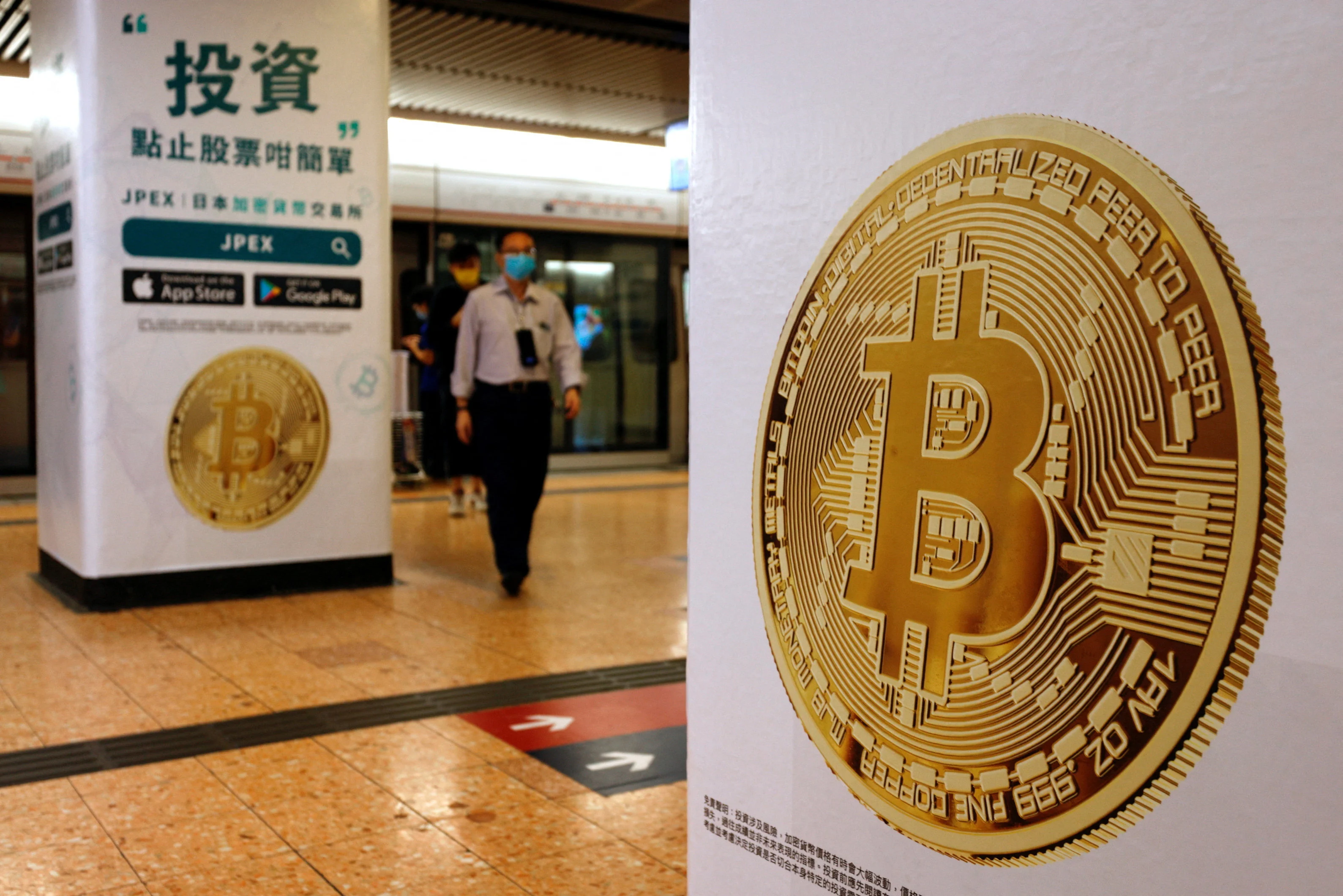Hong Kong–Mainland China Crypto Cooperation Gains Traction Amid Fintech Push
Hong Kong–Mainland China Crypto Cooperation Gains Traction Amid Fintech Push
By
Calder Monroe
Last updated:
October 24, 2025
First Published:
December 2, 2025

Photo: South China Morning Post
A Strategic Realignment in Asia’s Crypto Landscape
In recent months, the digital asset sector in Asia has witnessed an intriguing shift. Hong Kong and mainland China, long seen as divided in their stance toward cryptocurrency, are now exploring new avenues for collaboration. While mainland China maintains strict regulations on digital currencies, Hong Kong has been positioning itself as a regulated hub for crypto innovation. This emerging cooperation represents more than just a policy adjustment; it signals a strategic realignment in Asia’s financial and technological future.
Regulation Meets Innovation
One of the defining features of this partnership is the balance between regulation and innovation. Hong Kong’s government has introduced a licensing system for crypto exchanges and virtual asset service providers. This framework creates a sense of legitimacy and transparency that appeals to both institutional and retail investors. Meanwhile, mainland China is contributing its expertise in blockchain technology and digital infrastructure, particularly in areas related to the digital yuan and data security. The result is a symbiotic relationship where Hong Kong serves as the experimental platform and China as the technological powerhouse.
The Fintech Push Behind the Movement
Both sides are motivated by a broader fintech strategy. Hong Kong’s goal is to remain globally competitive as a financial center, while China aims to integrate advanced digital systems into its national economy. Joint initiatives such as blockchain-based payment systems and digital identity verification tools are being discussed to strengthen cross-border financial flows. These advancements could ultimately transform how businesses and consumers interact with digital assets across Asia.
Institutional Interest and Market Confidence
The growing cooperation has attracted the attention of major financial institutions. Banks and investment firms are cautiously optimistic about entering or expanding in Hong Kong’s regulated crypto market. The potential for controlled access to China’s vast investor base has boosted confidence among market players. For global companies, this collaboration represents a gateway to the world’s second-largest economy through a secure and compliant environment.
Bridging Policy Gaps Through Technology
The most significant challenge remains policy alignment. While Hong Kong’s crypto framework encourages innovation, China’s stance on private cryptocurrencies is still restrictive. However, both regions share a common interest in blockchain research and data exchange. Collaborative projects in supply chain transparency, smart contracts, and digital trade settlements are already underway. These efforts aim to bridge policy gaps through technology rather than confrontation.
The Role of the Digital Yuan
A key element in this relationship is China’s digital yuan, which has progressed from pilot projects to wider implementation. Hong Kong’s financial ecosystem is being studied as a potential testing ground for cross-border digital yuan transactions. If successful, it could streamline currency exchange and trade between the two economies, offering a new model for digital currency integration across borders.
Crypto Startups Find New Opportunities
Hong Kong’s startup ecosystem is thriving under this new environment. Entrepreneurs are launching blockchain ventures that cater to both regulatory compliance and innovation. From decentralized finance solutions to tokenized asset platforms, new companies are seeking to attract investment from both local and mainland Chinese markets. The city’s proximity to China offers a strategic advantage, giving startups access to talent, investors, and infrastructure.
Investor Sentiment and Market Outlook
Investor sentiment has shown a gradual shift from skepticism to curiosity. The introduction of clear regulatory guidelines in Hong Kong has lowered entry barriers for institutional investors. Moreover, the growing dialogue with mainland regulators suggests that the region could become a model for crypto governance in Asia. Analysts predict that Hong Kong’s market will see increased capital inflows as clarity replaces uncertainty.
Geopolitical and Economic Implications
This cooperation also carries geopolitical weight. As the West grapples with fragmented crypto regulations, Asia’s united approach could reshape global crypto leadership. The Hong Kong–China synergy reflects a vision where digital assets are integrated into broader economic strategies rather than treated as speculative tools. This could inspire other nations to pursue similar collaborations that merge regulation with innovation.
A Blueprint for the Future of Blockchain in Asia
The gradual but steady convergence between Hong Kong and mainland China marks the beginning of a new chapter in the digital asset story. It demonstrates that even regions with contrasting regulatory philosophies can find common ground through shared economic goals. As blockchain technology continues to evolve, this cooperation might serve as a blueprint for Asia’s wider integration into the digital economy, where balance, transparency, and innovation drive sustainable growth.
Popular articles
Subscribe to unlock premium content
Disney’s Timeless Magic and How the Entertainment Giant Continues to Shape Culture and Innovation

Imran Khan’s Economic Missteps Amid Political Chaos in Pakistan

The Philippines’ Digital Shift How Remittances and BPO Are Fueling Growth

Disney’s Timeless Magic and How the Entertainment Giant Continues to Shape Culture and Innovation

Imran Khan’s Economic Missteps Amid Political Chaos in Pakistan

Disney’s Timeless Magic and How the Entertainment Giant Continues to Shape Culture and Innovation









